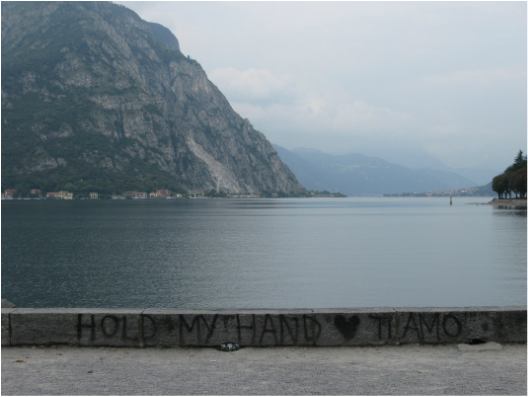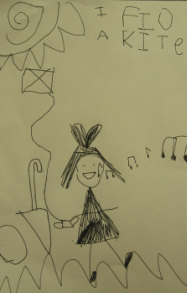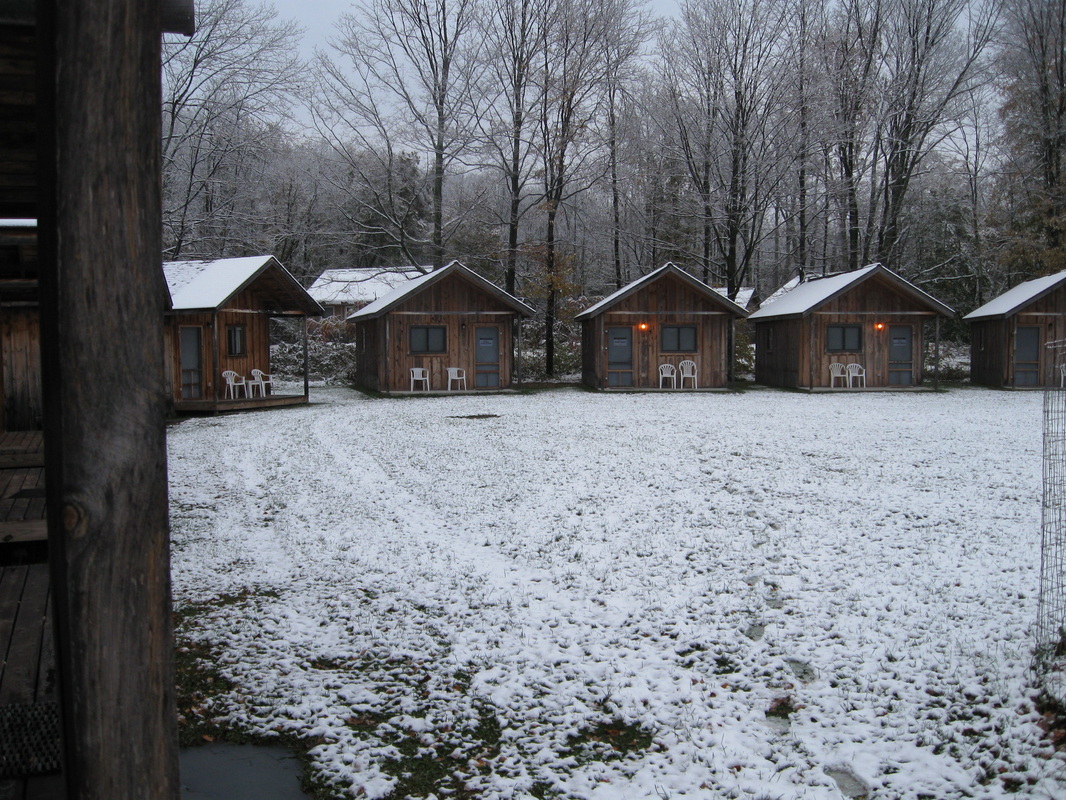
“Without our memories, what are we?” asks Leonard Pitts in a recent column. “We are the equation after the blackboard has been wiped, the sandcastle after the wave—smeared images and shapeless shapes melting into the sand.” (Chicago Tribune, p. 18, 10/30/14) He's referring to recent visits with a favorite aunt who's now living through the lens of Alzheimer’s. Yet she still remembers. Maybe not what happened ten minutes ago, but what happened fifty years ago. She remembers how to sing “The Way You Do the Things You Do” with the Temptations and how to hug her nephew, and what it feels like to go to the movies. Leonard Pitts’ fond remembrances of his aunt echo the emotional resonance of the novel The Madonnas of Leningrad by Debra Dean, a story that shows how the mundane present existence of an Alzheimer’s patient can’t hold a candle to her powerfully moving memories of life decades earlier when she helped rescue art treasures during the Nazi invasion of her hometown in Leningrad. Without our memories, what are we?
Maybe the old adage, write what you know, would be better phrased, write what you remember, write what you feel. Sarah Sullivan’s memory exercises are powerful methods to get at what matters most in a story, what Sarah calls “the emotional truth, the stirrings of a writer’s heart, the wood smoke rising between the lines.”








 RSS Feed
RSS Feed